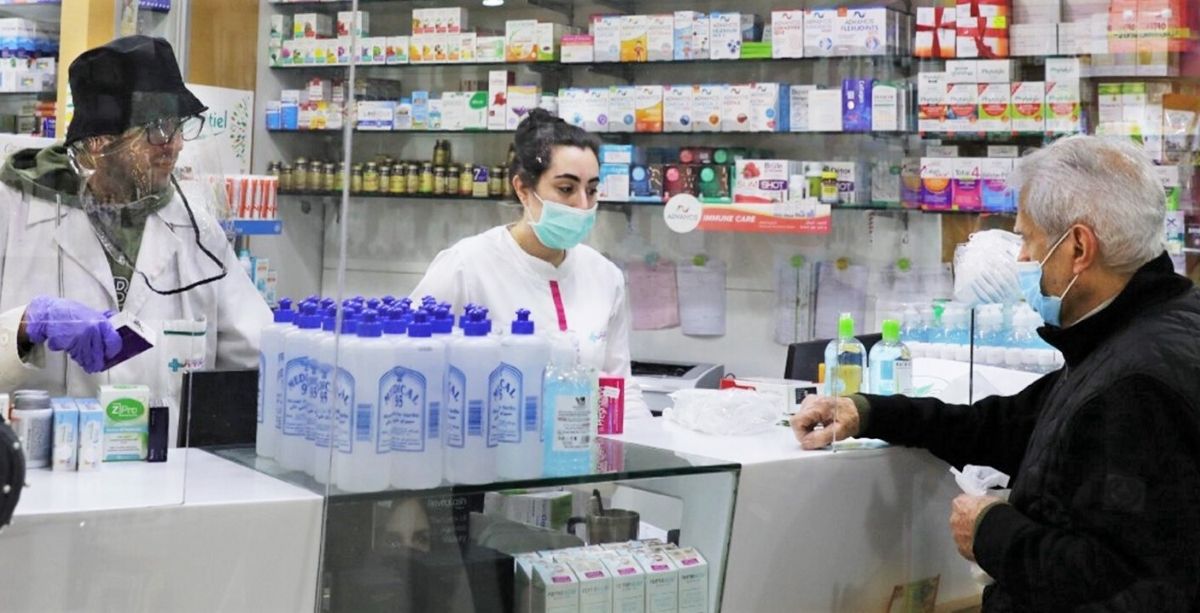By 2021, medicines will lose their subsidy in Lebanon. Since the Banque du Liban made that announcement, pharmaceutical companies in Lebanon have been rationing the distribution of drugs among pharmacies.
With their stocks dwindling, pharmacies in many areas are now turning down customers more frequently due to the lack of quantities to meet the demand throughout a given day.
This is particularly true for the most important medicines; those for chronic illnesses, which are now the most difficult to find.
This new reality created a tiresome routine of going from pharmacy to pharmacy, hunting for a pillbox that is, in many cases, as important as food and water, for many people.
While this might give the impression that this rationing is caused by shortages at the importing companies, pharmacists across the country argue otherwise.
In a scene that is familiar in today’s Lebanon, there is now a monopoly over pharmaceutical drugs.
“They are waiting for the subsidy to be removed to sell them at the new prices in order to make an illicit profit,” or a similar version of this statement is what a number of pharmacists have told Al-Akhbar.
On the other hand, Ghassan El-Amine, the head of the Syndicate of Pharmacists, told the same source that the reason behind the shortage of medicines in pharmacies is people hoarding drugs in preparation for the end of the subsidy.
Today, the stocks of many pharmaceutical companies today are “barely enough to last for a month and a half, as a maximum,” El-Amine argued, pointing out that lifting the subsidy would mean raising the prices of drugs six-fold.
With the central bank’s reserves declining, it is only a matter of time before Lebanon finally bids farewell to the official exchange rate of 1,515, which has remained alive for the subsidies of wheat, medicine, and fuel throughout the crisis.

















